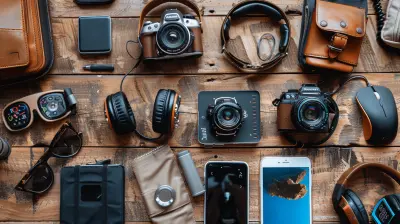Breaking the Cycle of Raising Kids the Way You Were Raised
2 November 2025
Parenting is one of the most personal journeys we ever take. Nobody hands you a manual when you become a mom or dad. Instead, we often fall back on what we know—how we were raised. It’s almost automatic. Without really thinking about it, we repeat the same words, same tone, even the same punishments our own parents used. Sound familiar?
Here’s the thing: just because that’s what we know doesn’t mean it’s what’s right for our kids. That’s what this is about—breaking the cycle.
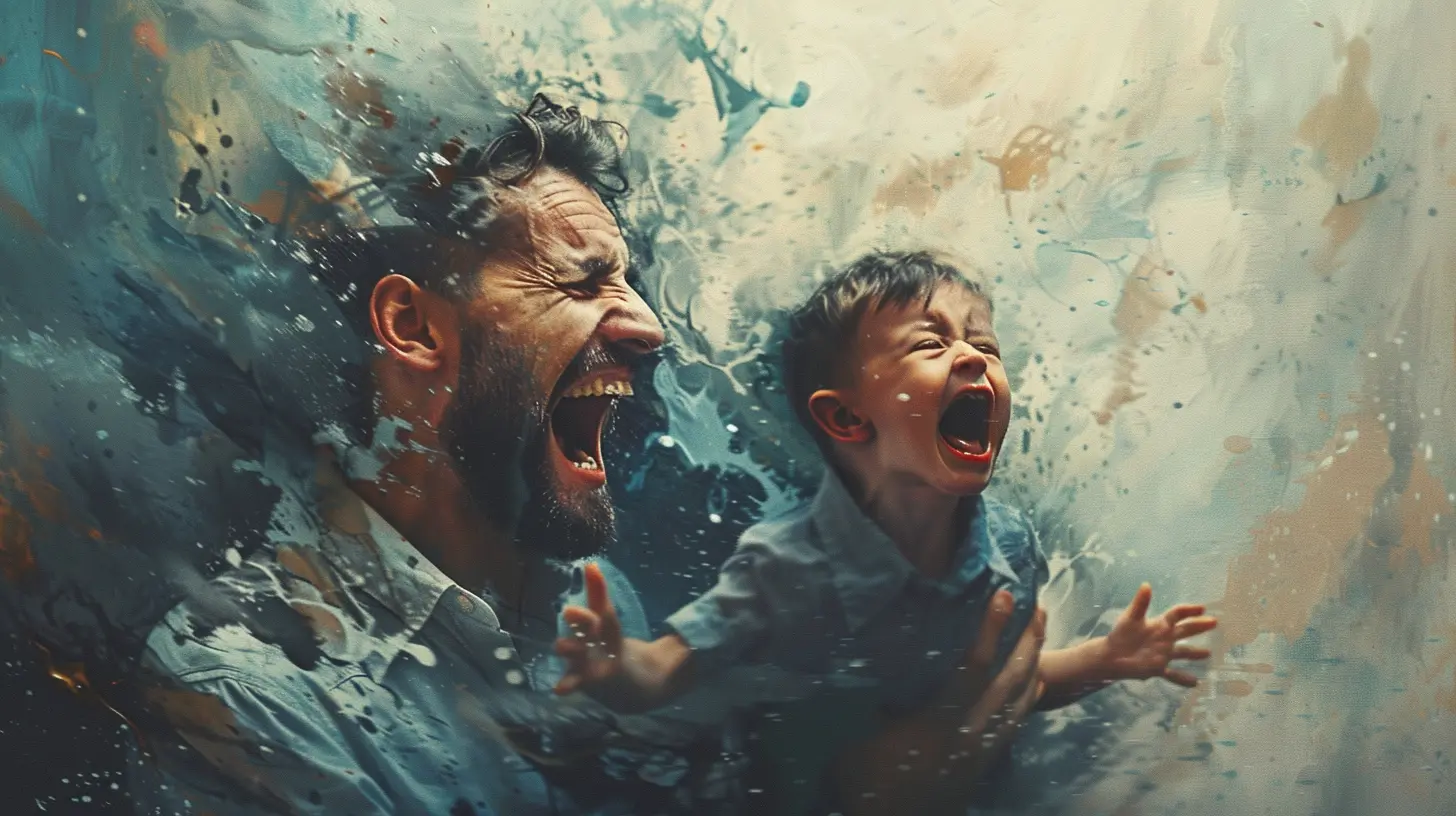
Why It's So Easy to Repeat the Past
Let’s be honest. Parenting is hard. No matter how many books we read or posts we scroll through, half the time we’re just trying to survive the day. So when your toddler is throwing a tantrum in aisle four of the grocery store, your brain doesn’t calmly search your parenting toolbox. It reaches back to whatever was modeled for you growing up. And that’s natural.We’re wired for familiarity. Our childhood becomes our blueprint. Whether we realize it or not, those early experiences carved deep grooves into our emotional makeup. So when we’re overwhelmed or stressed, we take the path of least resistance—which often follows those very grooves.
But here's the truth that no one always tells us: Just because something is familiar doesn’t mean it's healthy.
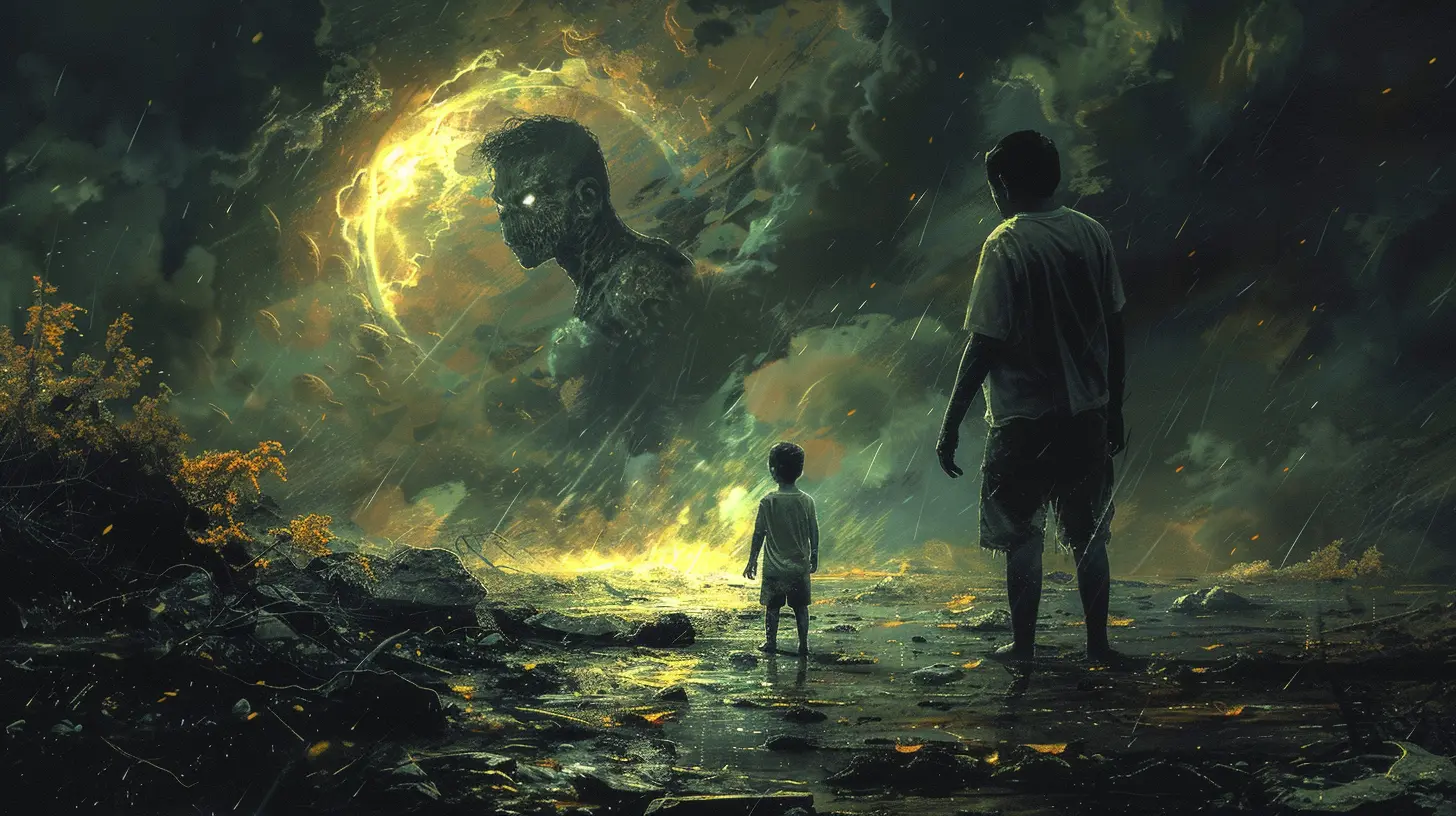
Recognizing Patterns Isn’t About Blaming Your Parents
Let’s get one thing straight. This isn’t about blaming mom or dad. Most of our parents did the best they could with what they had. They loved us in their own way. But generational trauma, cultural norms, lack of resources, and just plain old survival-mode parenting left their marks.It’s okay to hold space for two things at once: gratitude for what your parents gave you, and a strong desire to do things differently.
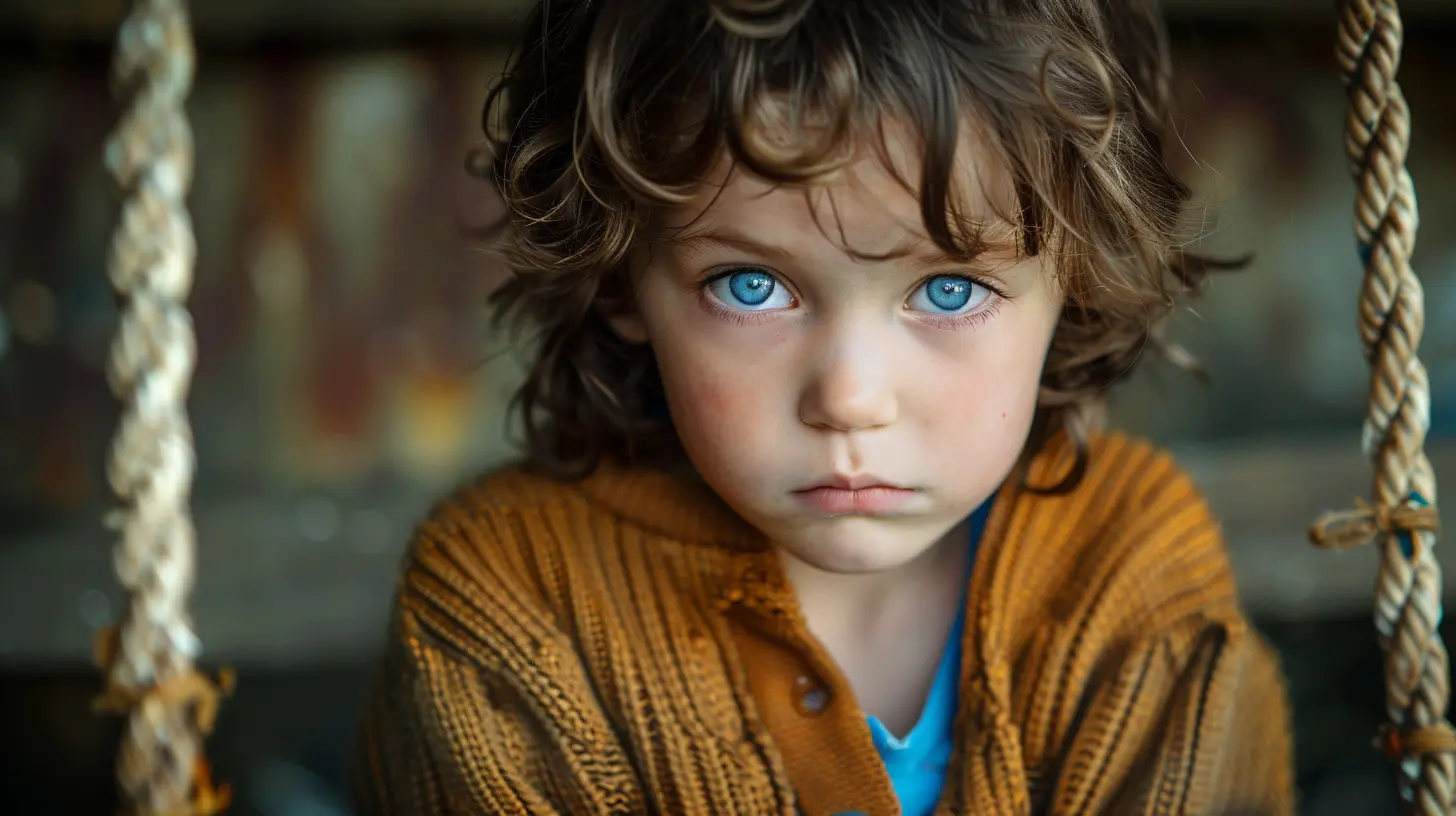
The Moment You Realize You’re Becoming Your Parents
You’ve probably had at least one of these moments. Maybe you yelled, “Because I said so!” and immediately cringed. Or maybe you heard your parent's voice come out of your mouth and it stopped you in your tracks.It’s jarring. But it’s also powerful. That moment of awareness? That is the first step to breaking the cycle.
Awareness is everything. You can’t change what you don’t see. But once you do see it, you’re no longer stuck.
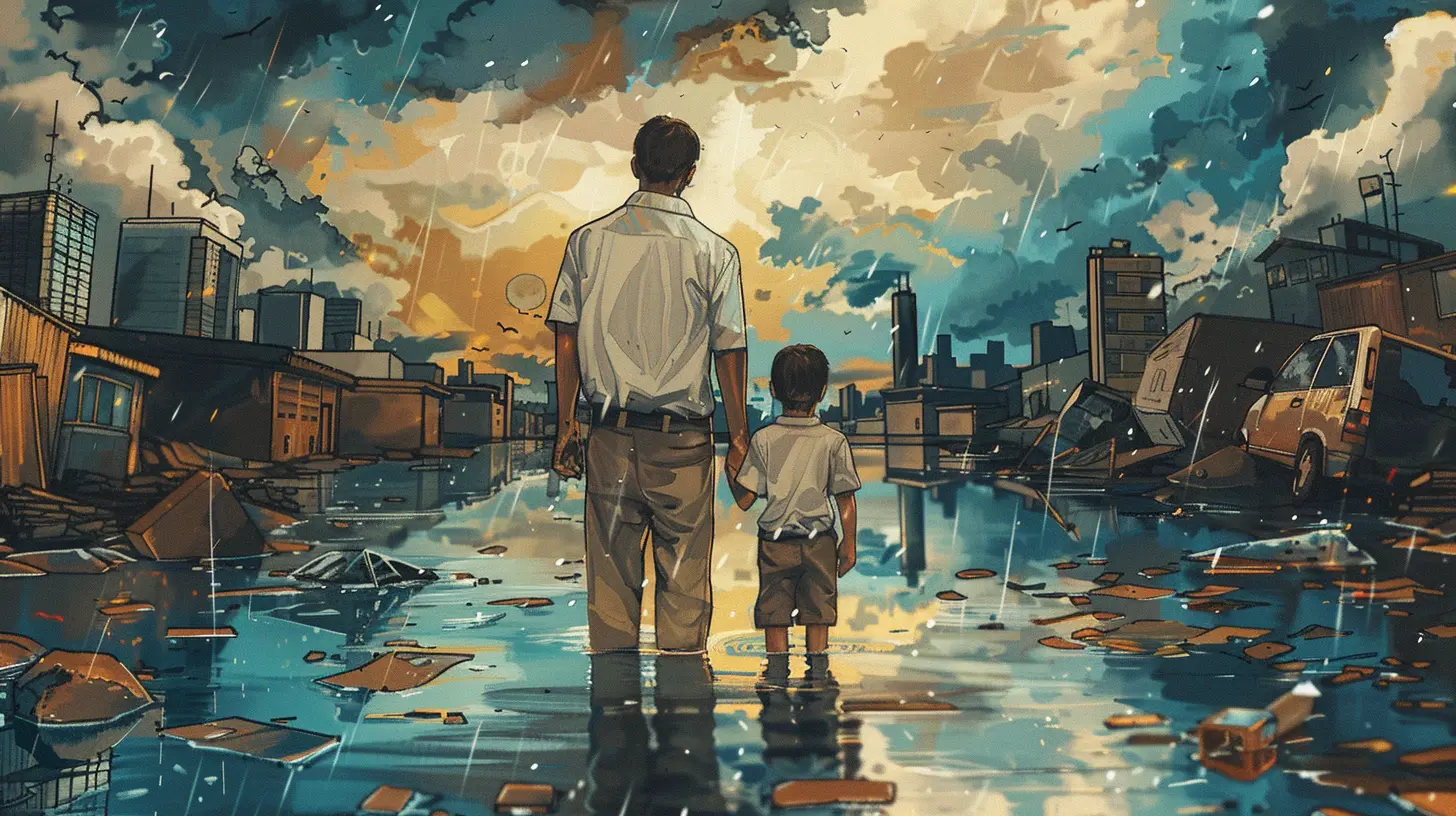
Understanding What “The Cycle” Really Means
When we talk about "the cycle," we're not just talking about spanking versus time-outs or chores versus screens. It’s far deeper than that. We're talking about beliefs, reactions, emotional availability, communication styles, and how we deal with conflict.Were emotions welcomed in your home growing up—or avoided?
Was love shown through hugs and words, or food and fixing things?
Did you hear "I'm proud of you," or just silence unless something went wrong?
These emotional patterns shape the way we raise our kids today. The cycle isn’t just discipline. It’s how we connect. Or don’t.
Breaking the Cycle Begins With Healing Yourself
This is the part most parenting books skip over. You can’t change your parenting methods until you deal with your own pain.Think of emotional pain like a splinter. If you don’t remove it, everything that touches it hurts. Your child saying, “I don’t want your help!” might trigger an old wound of feeling rejected. Your teen rolling their eyes might spike a fear of disrespect rooted in your own upbringing.
So instead of reacting to that moment, you’re reacting to every moment before it.
Healing your inner child isn’t fluffy or woo-woo. It’s essential. When you take time to understand how your past shaped you, you gain power over how you shape your children’s future.
And guess what? You don’t have to do it alone. Therapy, coaching, journaling, or even honest conversations with trusted friends—these can all be part of the healing process.
Setting Clear Intentions for the Parent You Want to Be
Once you've gained that awareness and done some inner work, it's time to get intentional. Ask yourself:- What kind of parent do I want to be?
- What values do I want to instill in my children?
- How do I want my kids to feel when they're around me?
Visualize your parenting style like a compass. You’re not aiming for perfection (spoiler: that doesn’t exist), but direction.
Maybe you want more calm. Maybe you want more connection. Maybe you want to raise emotionally intelligent kids who aren’t afraid to talk to you. Whatever your goal, define it. Write it down. Remind yourself often.
Practical Steps to Parent Differently
So how do you actually do the work of breaking the cycle in the day-to-day trenches of parenting?Here are some real-life tools that help:
1. Pause Before You React
That heated moment—when your child is melting down in public or testing every limit—pause. Just take a breath. That pause gives you space between your trigger and your response. That’s where change happens.2. Choose Connection Over Control
In high-stress moments, ask yourself: “Am I trying to connect, or am I trying to control?” Our kids don’t need to be controlled. They need guidance, empathy, and boundaries. But those all work better when the relationship is secure.3. Repair Is More Powerful Than Perfection
You will mess up. You will snap. You will act in a way you later regret. That’s okay.The magic is in the repair.
Apologize. Own your misstep. Let your children see that grown-ups make mistakes, too, and that it’s safe to admit them. This teaches accountability better than any lecture ever could.
4. Talk to Your Kids About Your “Why”
Kids are smart. They notice everything. When you change your parenting style, talk to them about it.Say something like, “You know, when I was growing up, we didn’t really talk about feelings. But I want us to be honest with each other. I want you to feel safe talking to me.”
This kind of transparency builds trust and models vulnerability.
5. Create New Traditions and Norms
Don’t just break the old cycle—replace it with something better.If your childhood dinners were silent or chaotic, start a new tradition of sharing highs and lows of the day around the table.
If affection wasn’t shown in your home, make hugs and “I love yous” a part of your daily routine.
Small shifts lead to big changes.
It’s Okay to Grieve What You Didn’t Get
One of the hardest parts of this work? Realizing what you missed out on. It can be incredibly emotional to offer your children a kind of love, safety, or support you never received yourself.Allow yourself to grieve.
It’s okay to have moments when you feel sad, resentful, or even angry. That doesn’t make you ungrateful. That makes you human. Feel it. Sit with it. Then use it as fuel to do better.
Breaking the Cycle Isn’t a One-Time Event
Here’s what might surprise you: breaking the cycle is not a single decision. It’s a thousand little ones. Every day. Over and over.It’s choosing empathy when you want to yell.
It’s listening when it would be easier to dismiss.
It’s offering space when your child is hurting, even if you were never given that space yourself.
And no, it’s not linear. Some days you’ll feel like Supermom or Superdad. Other days, you’ll feel like you’re fumbling in the dark. That’s normal. That’s human. Keep going.
You’re Already Doing the Work
Here’s the good news: if you’re reading this, you’re already on the path. You’re seeking better. That alone is powerful.Every time you show up with intention…
…every time you catch yourself before repeating that old pattern…
…every time you apologize and try again…
You are breaking the cycle.
And your kids? They’ll grow up feeling seen, heard, and safe. Not because you were perfect—but because you were present. And nothing could matter more than that.
Final Thoughts: You’re Not Alone
Changing generational patterns is courageous work. It’s brave. It’s deep. And it’s also lonely at times—especially when others around you don’t understand why you’re “parenting differently.”But guess what?
You are not alone. There’s a whole community of cycle-breakers out there. We see you. We cheer you on. Your kids may never know just how hard you worked to give them this different life—but they will feel the difference. And that will echo for generations to come.
all images in this post were generated using AI tools
Category:
Parenting StrugglesAuthor:

Steven McLain
Discussion
rate this article
1 comments
Kayla Thomas
Breaking the cycle of parenting is a courageous journey that requires reflection, growth, and love. Embrace the opportunity to create a nurturing environment, free from past patterns. Each intentional choice you make shapes a brighter future for your children—let’s inspire and empower the next generation together!
November 5, 2025 at 3:40 PM

Steven McLain
Thank you! Embracing this journey of intentional parenting truly can transform the future for our children. Let's continue to support and uplift each other in this vital work!

